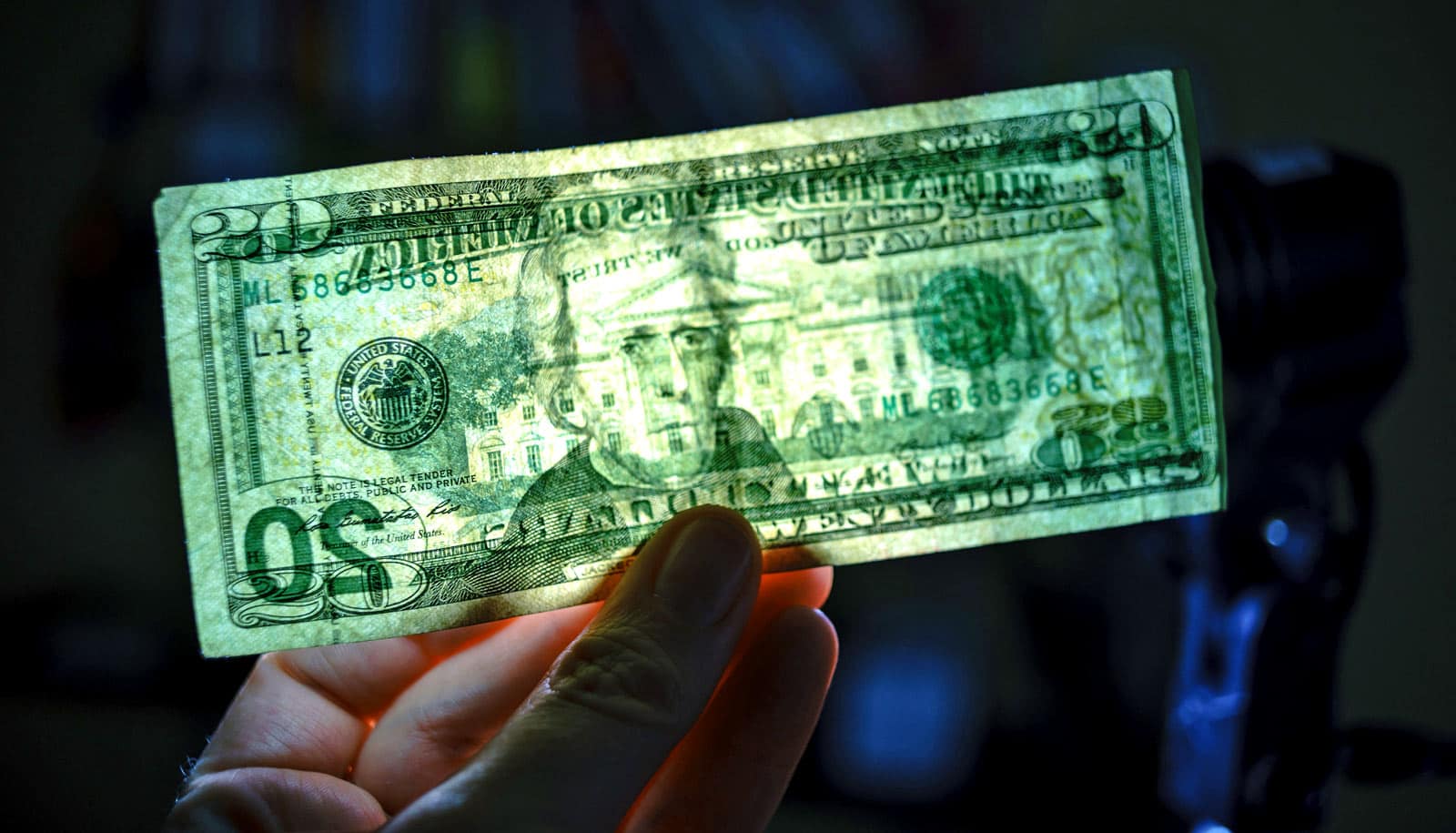What criteria do investors use to decide on funding a startup after hearing a pitch? First impressions, according to a new working paper.
Good looks matter, but not as much as an entrepreneur’s perceived competence and confidence, the study indicates. In fact, if you’re only attractive and likable, you’re likely to get a lower offer than someone who exudes confidence.
Xing Huang, assistant professor of finance at the Olin Business School at Washington University in St. Louis, summed it up this way: “Nice people finish last.”
Why Shark Tank?
Huang teamed up with other researchers to examine investors’ decision-making, and they came up with a novel idea for a laboratory: ABC’s reality TV show Shark Tank.
The show features a panel of celebrity “shark” investors who hear business pitches from entrepreneur contestants. Then the sharks comment, ask questions, and say pretty quickly whether or not they’re interested in making a deal.
The researchers set out to explore the relation between two things: first impressions of Shark Tank contestants and the investors’ decisions. Toward that end, they manually collected data on 322 pitches during the first five seasons of the show, measuring first impressions of contestants by asking a nationally representative 680 respondents about them.
Using the crowdsourcing marketplace Amazon Mechanical Turk, the respondents viewed photos of contestants and rated them along six dimensions considered important to entrepreneurs’ success: capability, confidence, trustworthiness, the ability to work under pressure, physical attractiveness, and likability.
The research team then swept those ratings into two principal components: competence/confidence and appearance/likability.
‘Hard and soft info’
“The likelihood of receiving a shark’s offer is associated positively with both components,” Huang says. But it’s a different story when it comes to sharks’ putting their money where their mouths are.
While sharks offered more cash and valuation to entrepreneurs who rated highly in competence and confidence, they actually offered less to entrepreneurs who rated more attractive and likable, according to the working paper.
Maybe the investors think people who are likable will not be tough negotiators going forward, Huang says, so they make a lower offer. “Business decisions are driven by both hard and soft information,” she says.
Videos of the five seasons of Shark Tank offered the researchers an abundant set of variables, including the likelihood of an investor making an offer; investors’ valuation of projects; and a funding structure. Unlike documents about entrepreneurs and ventures, the videos offered a spectrum of information on verbal and nonverbal cues, such as appearance and body language.
“Such rich information enables an investigation of the role of soft information in shaping investors’ decisions,” Huang says.
Increasingly, startups are an engine of employment and the economy; young companies have created an average of 1.5 million jobs yearly over the past three years. Huang, whose research interests include behavioral finance and investor behavior, says she hopes the research will be helpful for entrepreneurs.
“Understanding the decision-making process of a venture capitalist can help entrepreneurs better think about how they can get better funded,” she says.
Additional researchers from Michigan State University contributed to the work.



